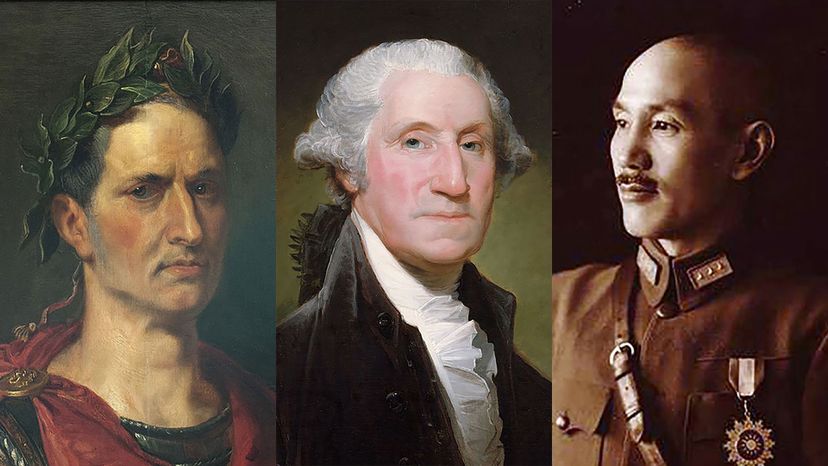
About This Quiz
"A good plan, violently executed now, is better than a perfect plan next week." These wise words came from Gen. George S. Patton, also known as "Blood and Guts," who commanded the 7th Army during World War II. He is one of the most famous of American generals, certainly in modern times, and George C. Scott won a Best Actor Academy Award for playing him. In this quiz, we'll see how well you know Patton, along with many other famous generals from history. Can you name which war they're most famous for serving in?
While the Army runs on its sergeants, it's the generals who get all the name recognition, fame and (when things go wrong) criticism and public rebuke. The generals get schools named after them, courses taught about them, books written about them and they get played by the best actors. You might know their names, but how much more do you know about them? You know Napoleon was a general (among other titles, including emperor), but do you know what war or wars he fought in?
Time to dust off your history brain and try to remember which general fought in which war! Will you get sent to the trenches, or find yourself wearing stars on your collar?
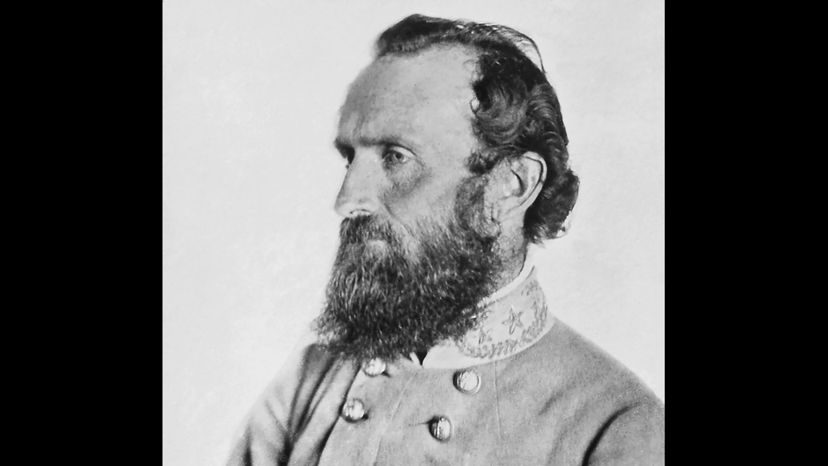
Advertisement
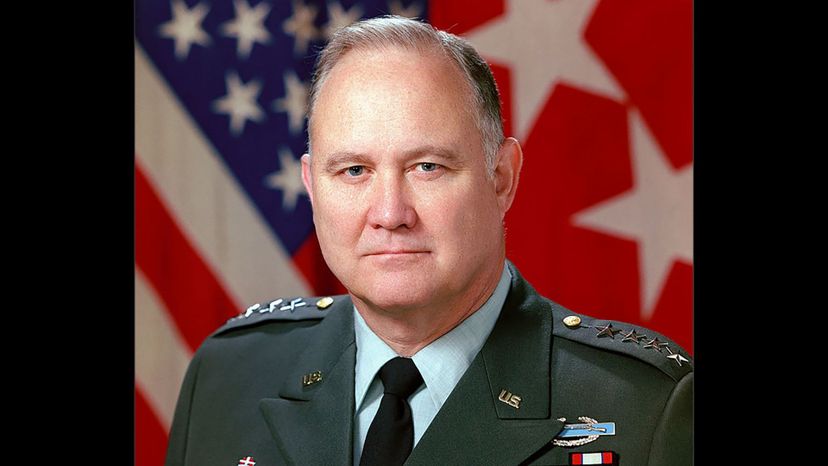
Advertisement
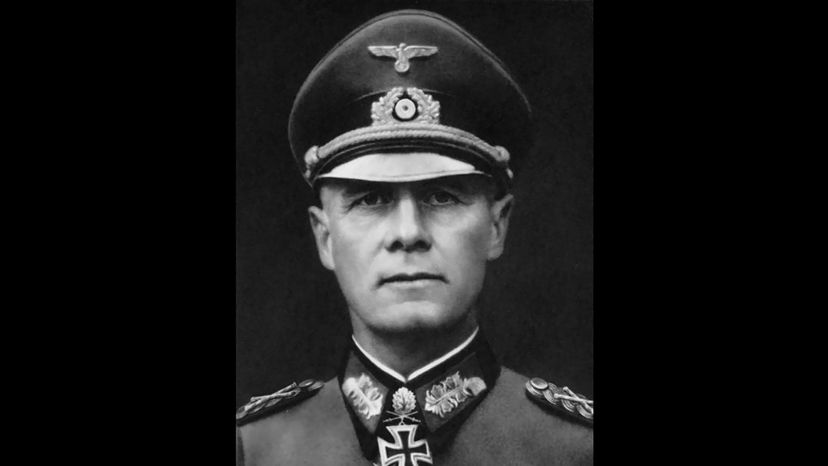
Advertisement
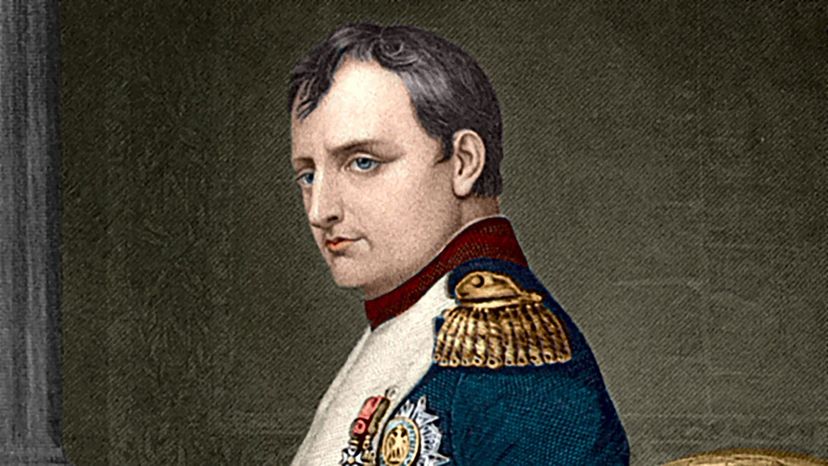
Advertisement
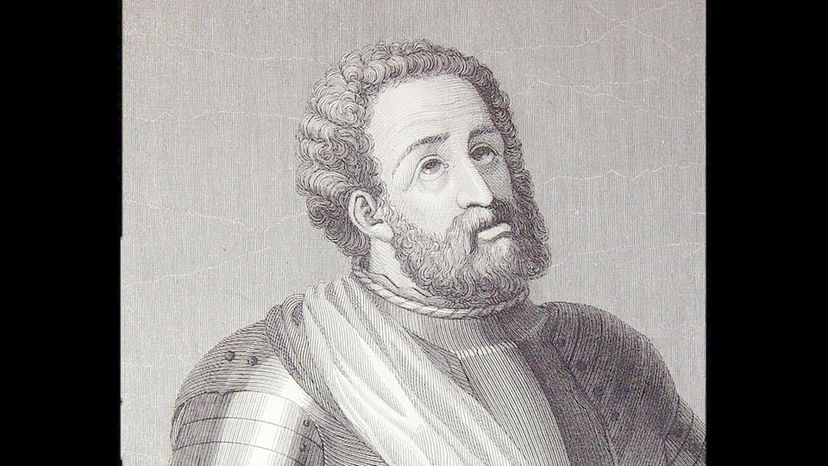
Advertisement
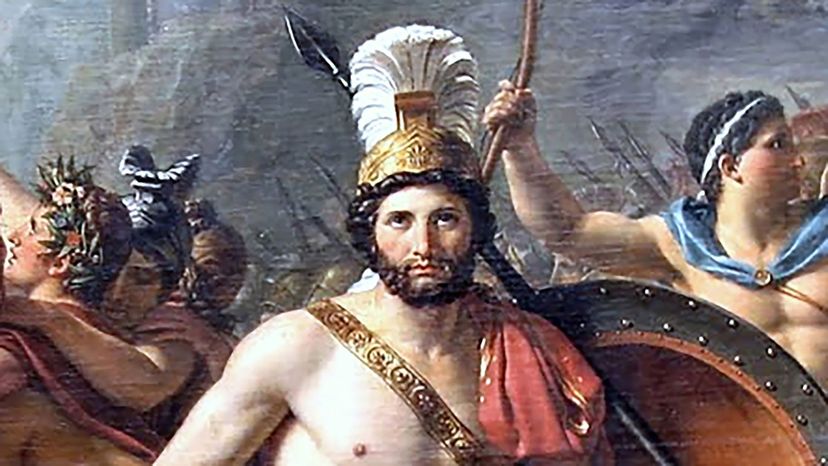
Advertisement
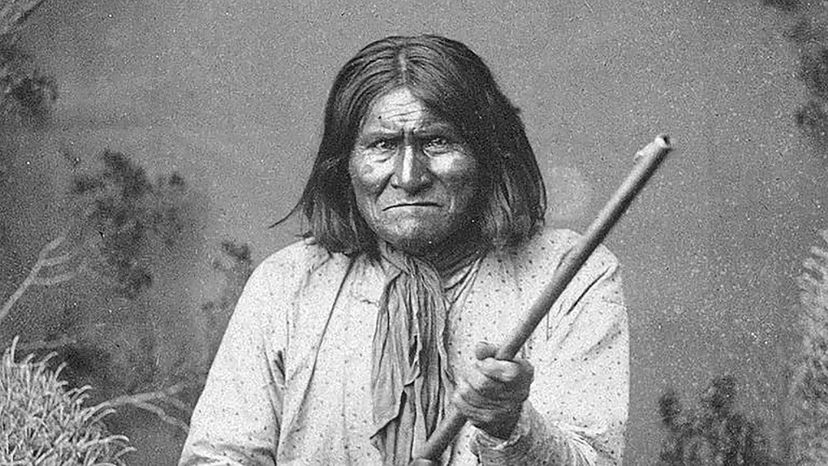
Advertisement
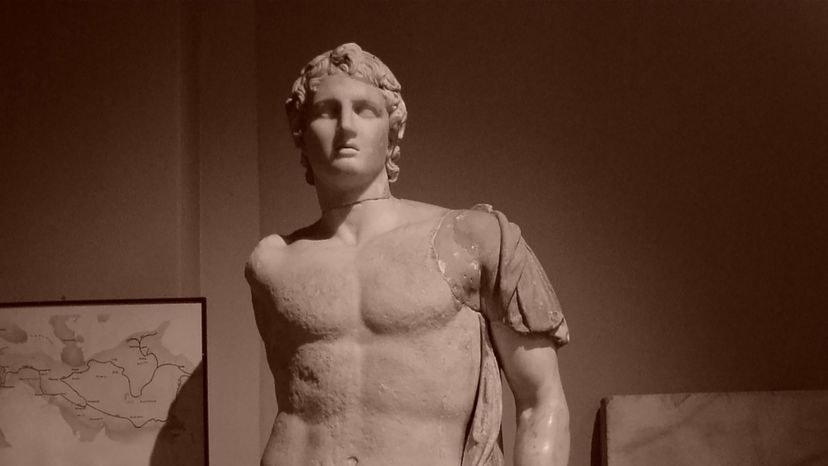
Advertisement
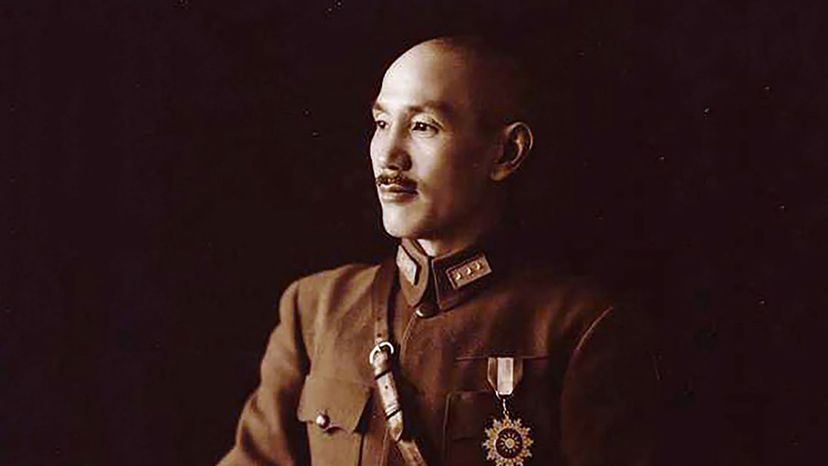
Advertisement
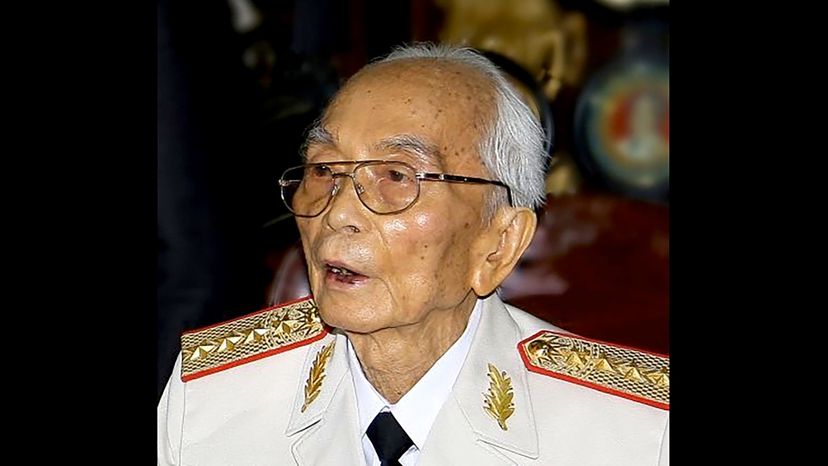
Advertisement
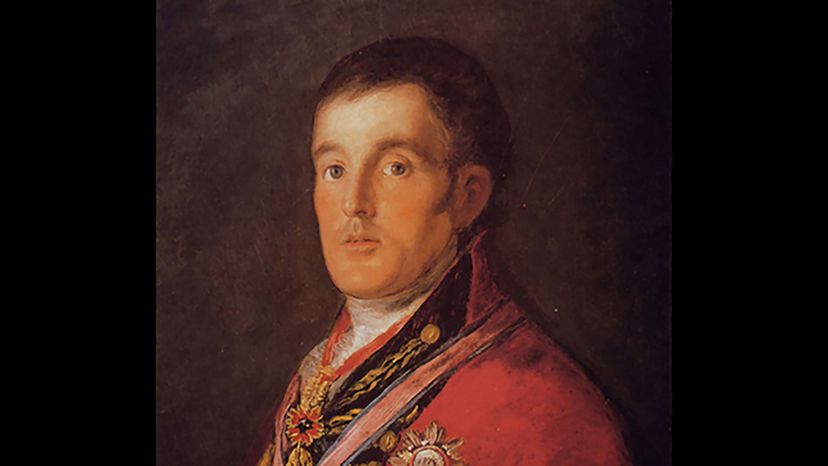
Advertisement
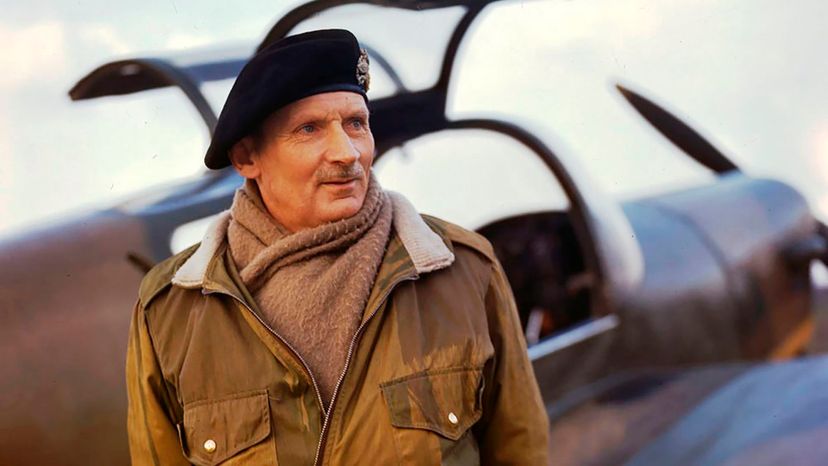
Advertisement
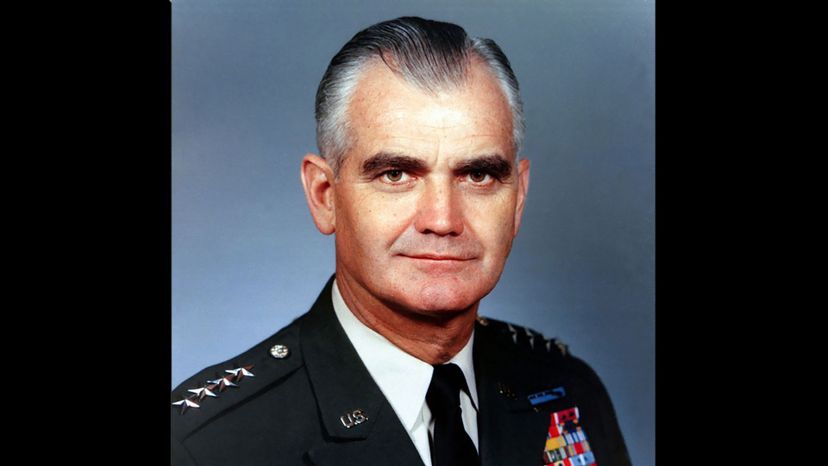
Advertisement
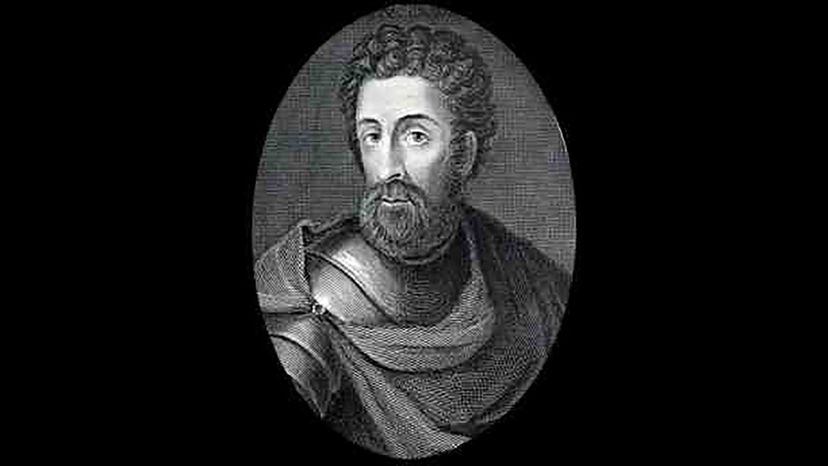
Advertisement
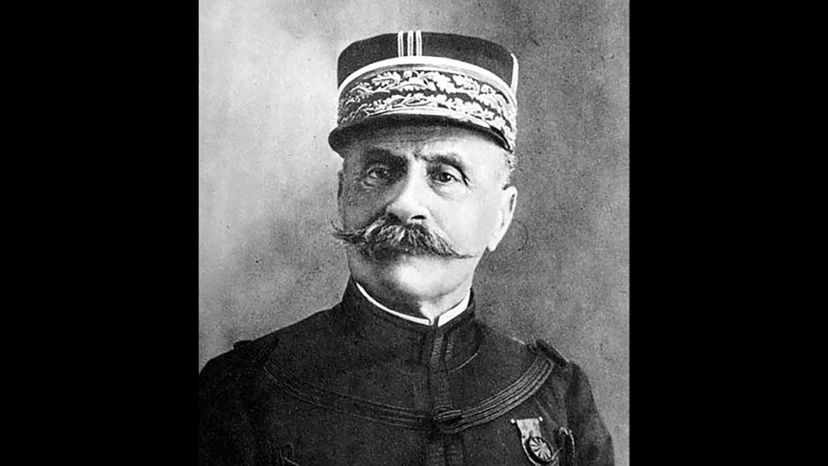
Advertisement
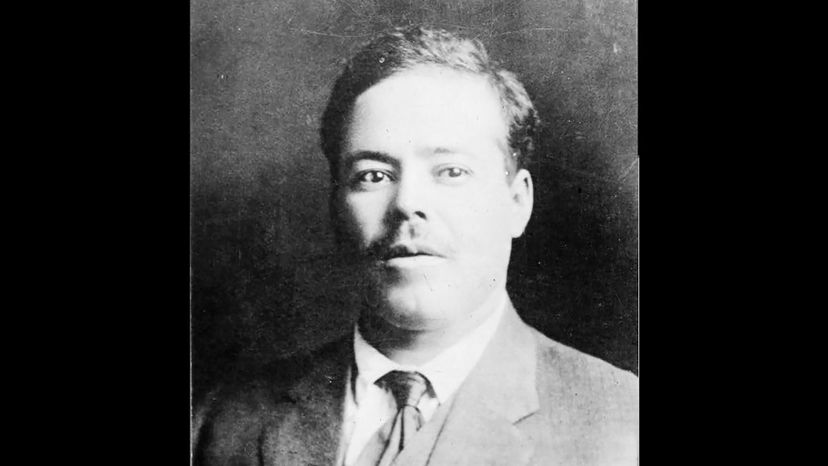
Advertisement
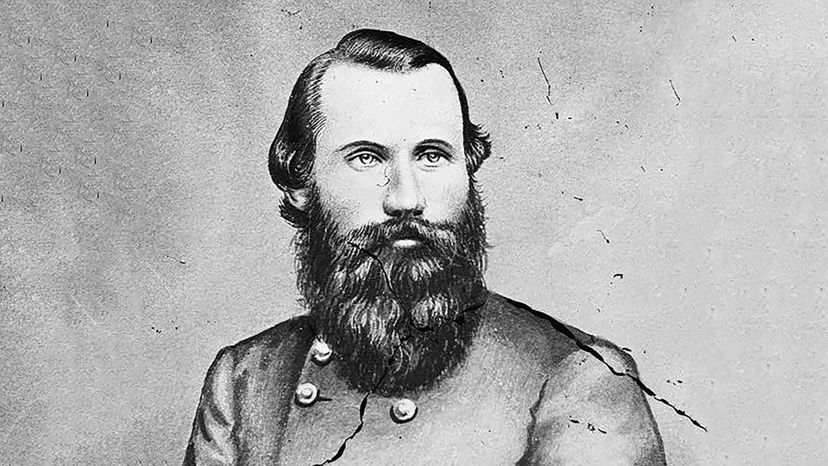
Advertisement
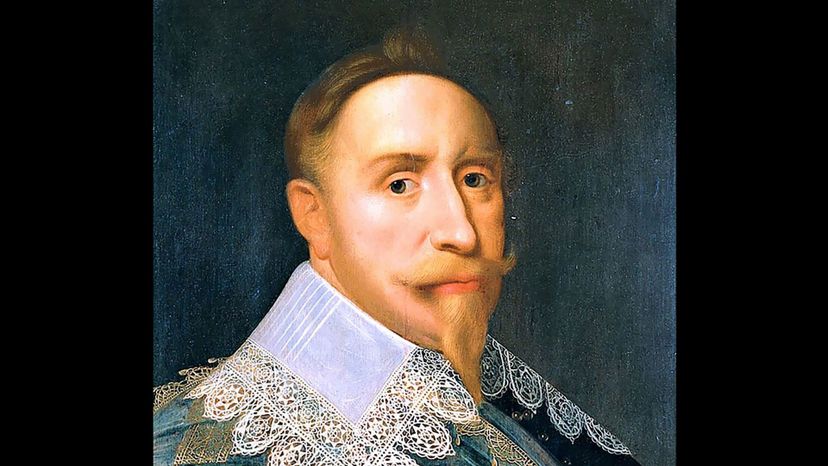
Advertisement
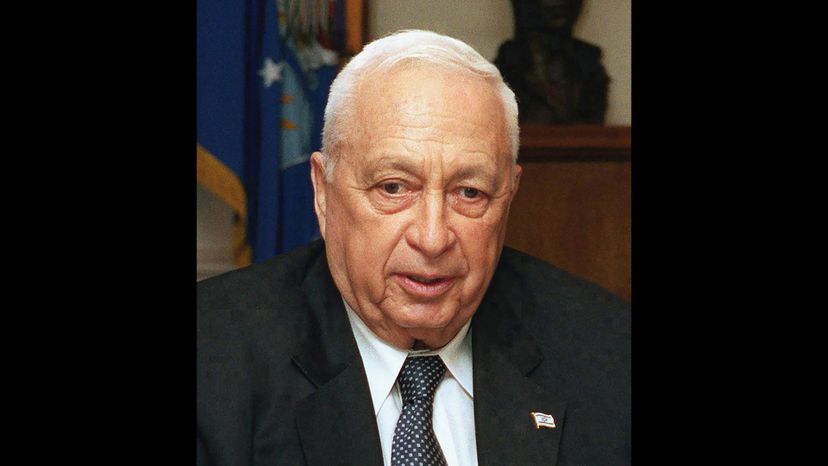
Advertisement
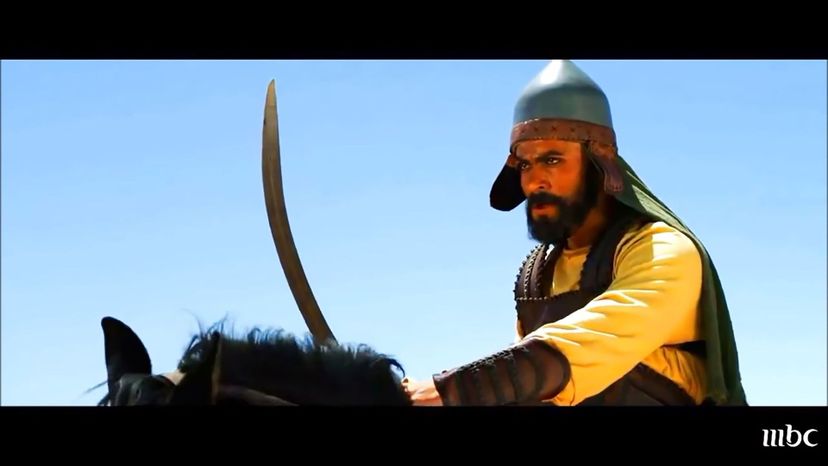
Advertisement
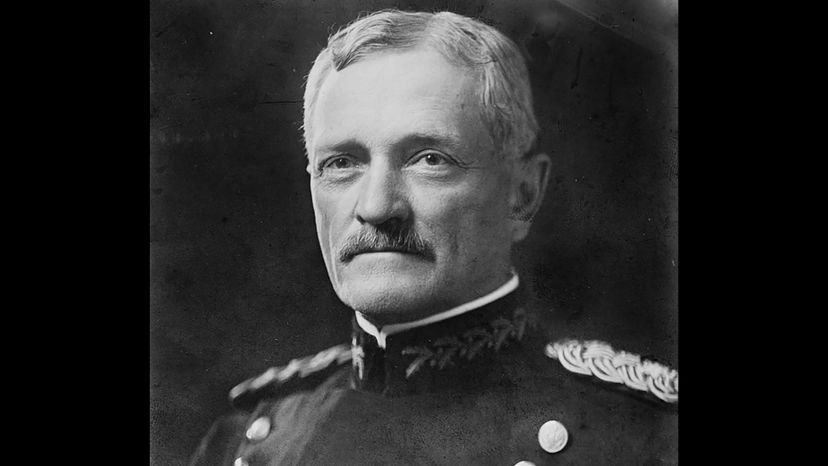
Advertisement
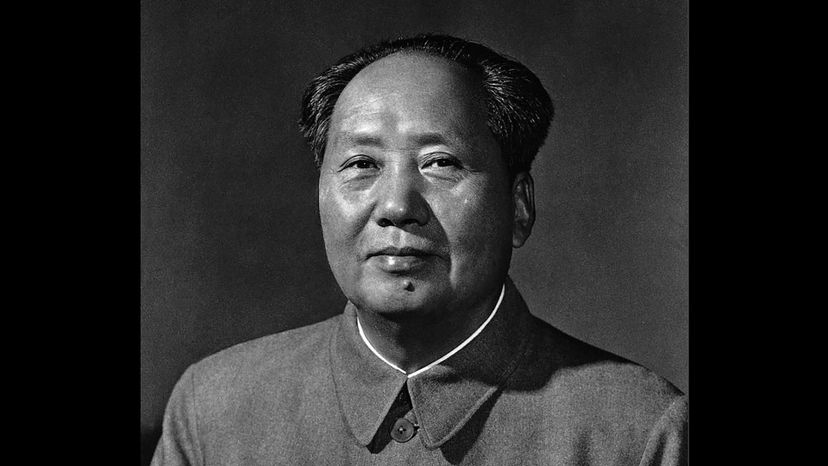
Advertisement
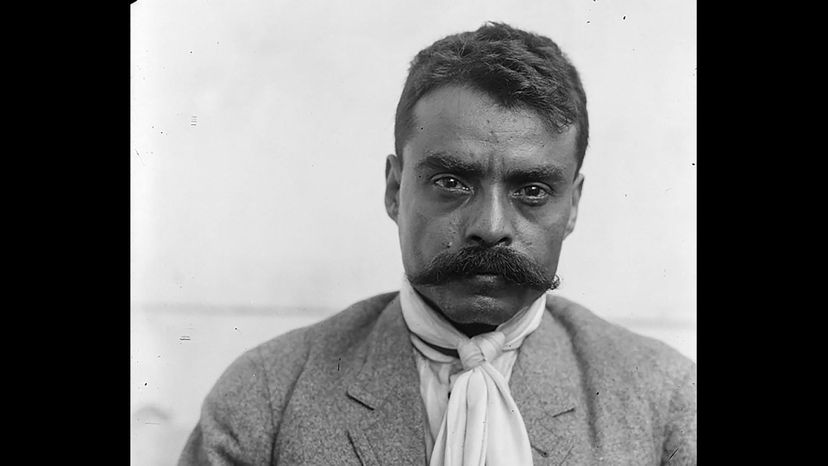
Advertisement
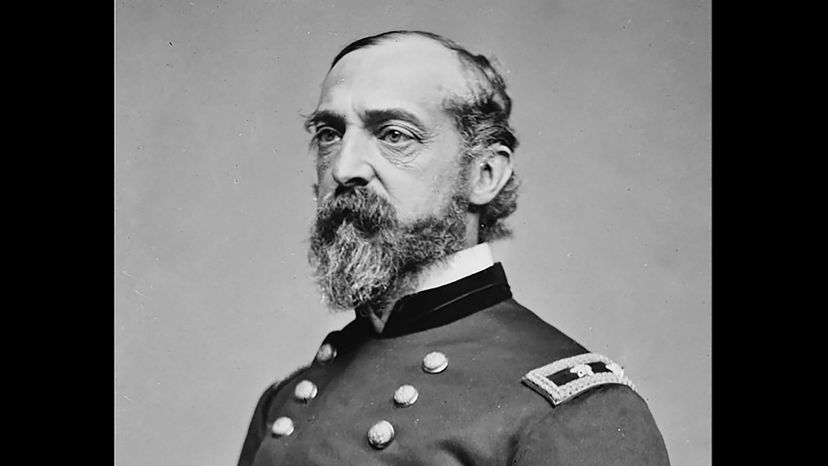
Advertisement
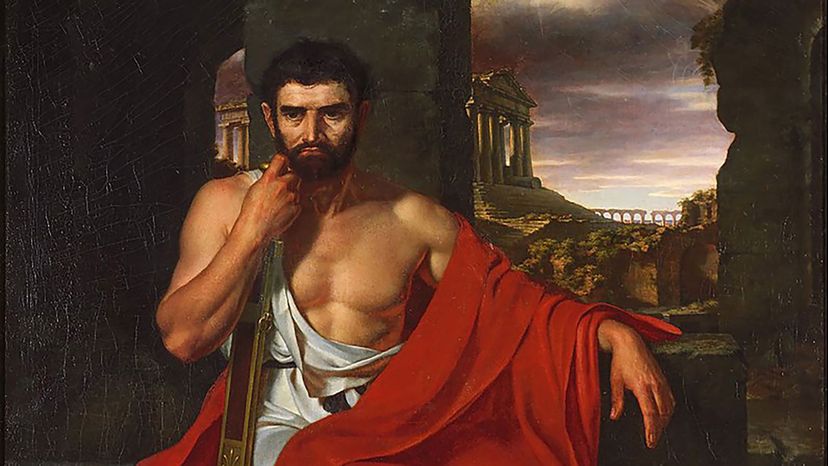
Advertisement
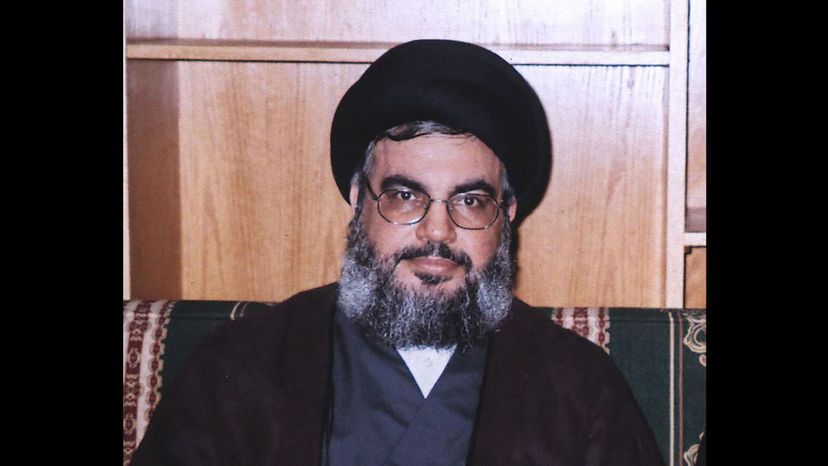
Advertisement
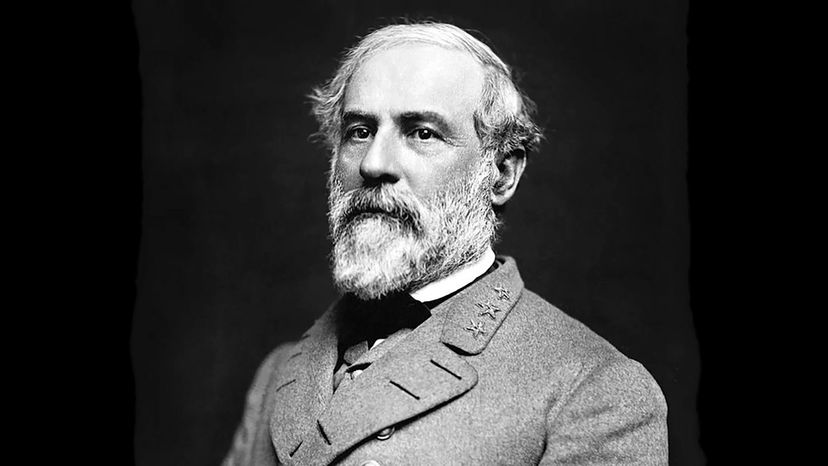
Advertisement
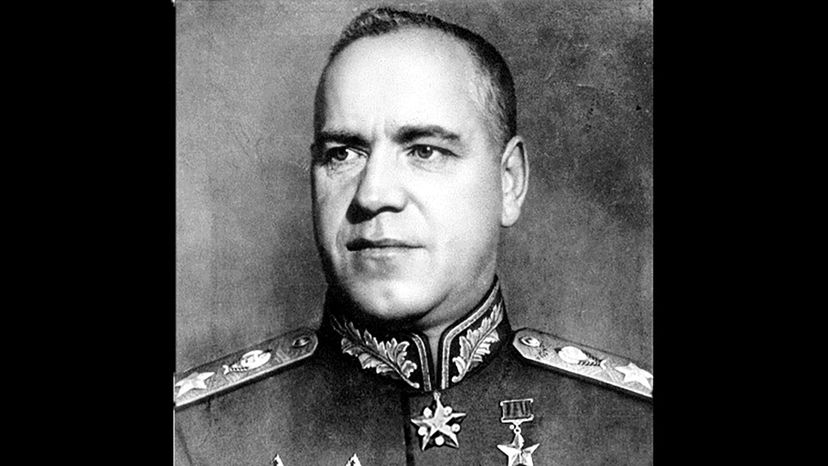
Advertisement
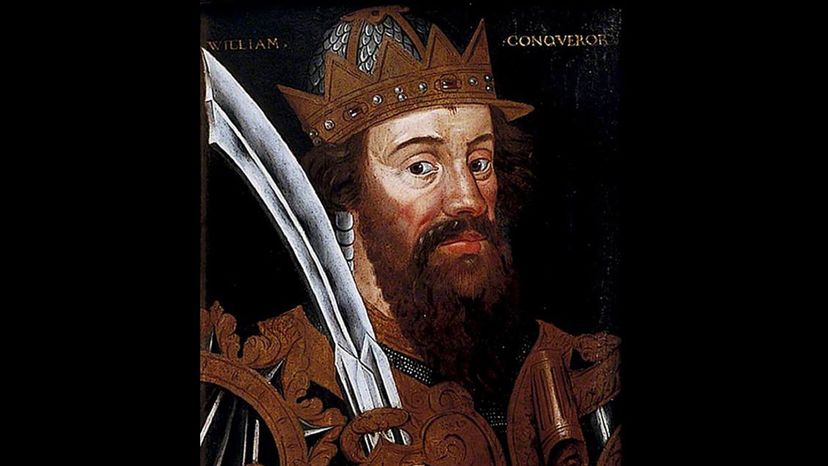
Advertisement
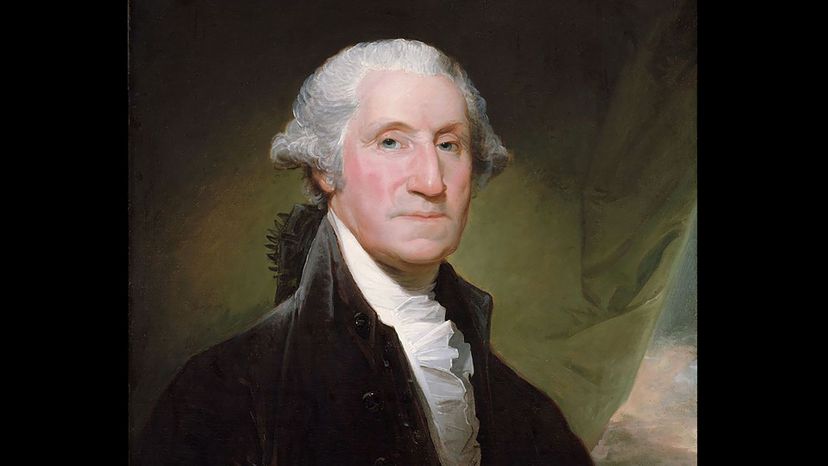
Advertisement
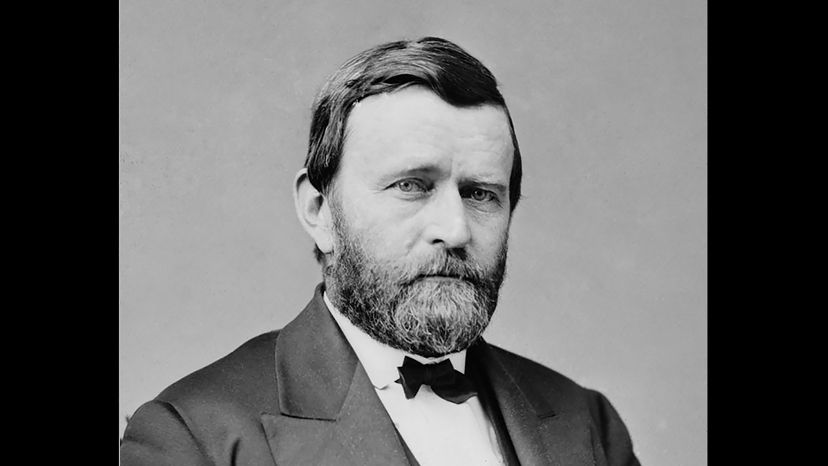
Advertisement
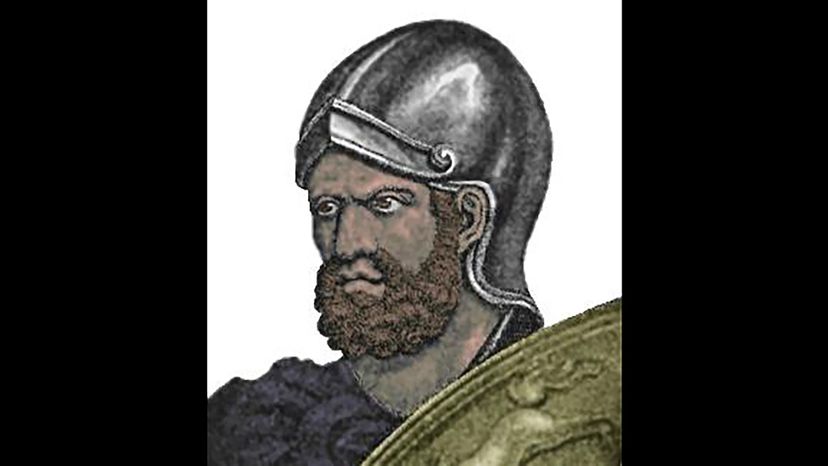
Advertisement
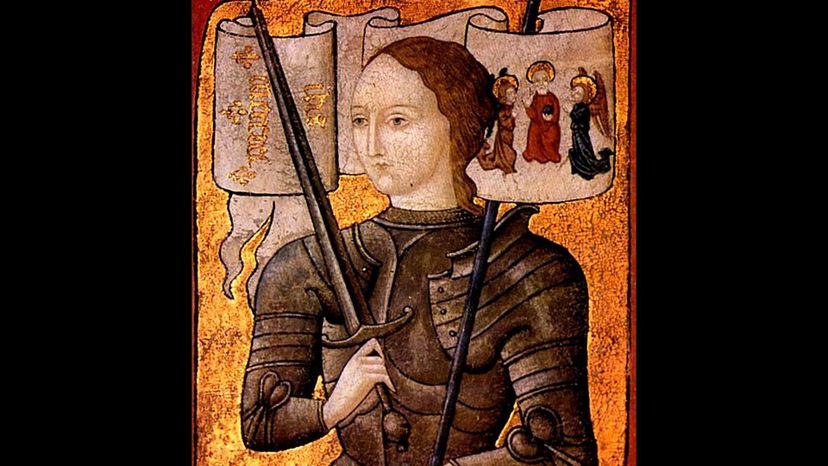
Advertisement
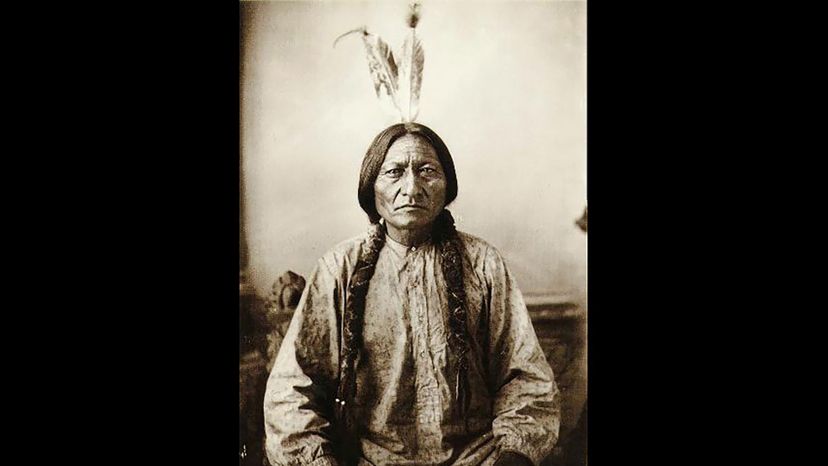
Advertisement
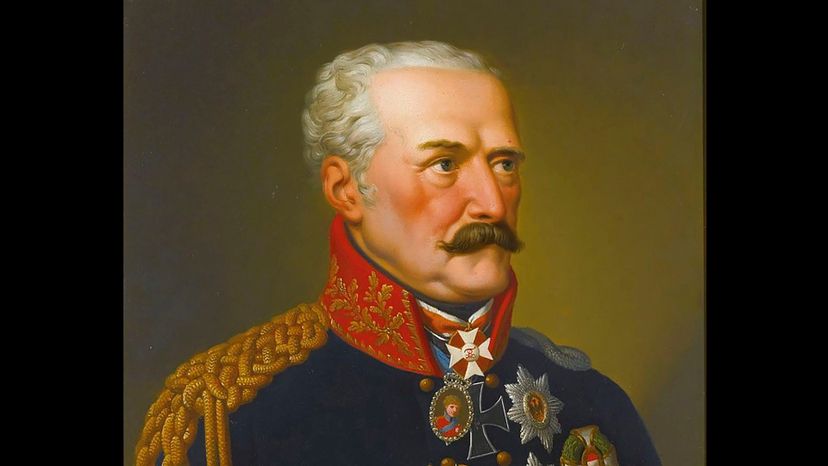
Advertisement
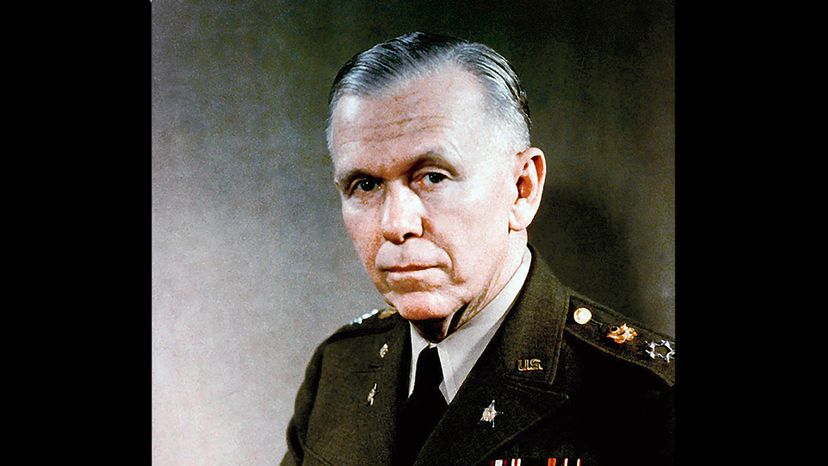
Advertisement
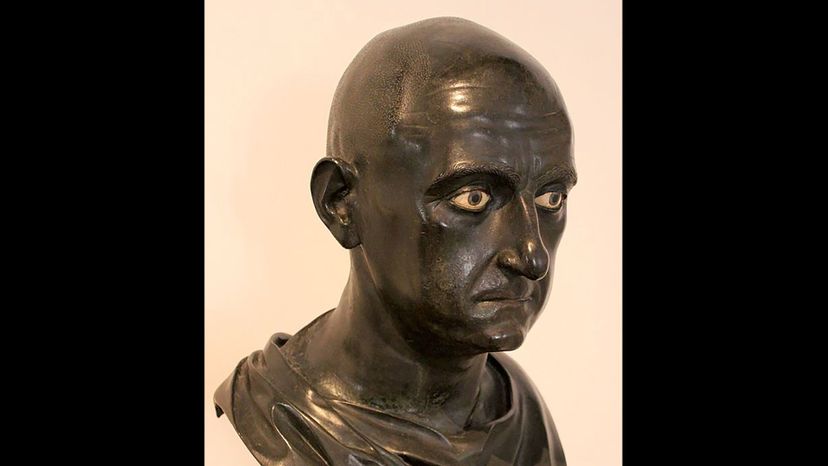
Advertisement
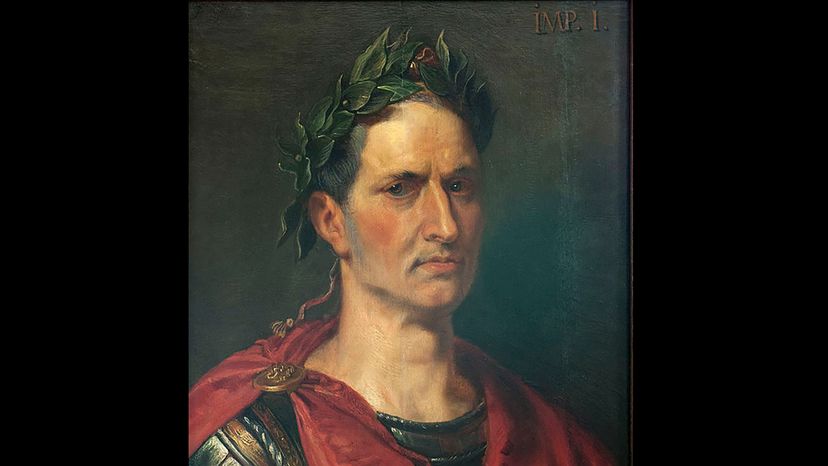
Advertisement
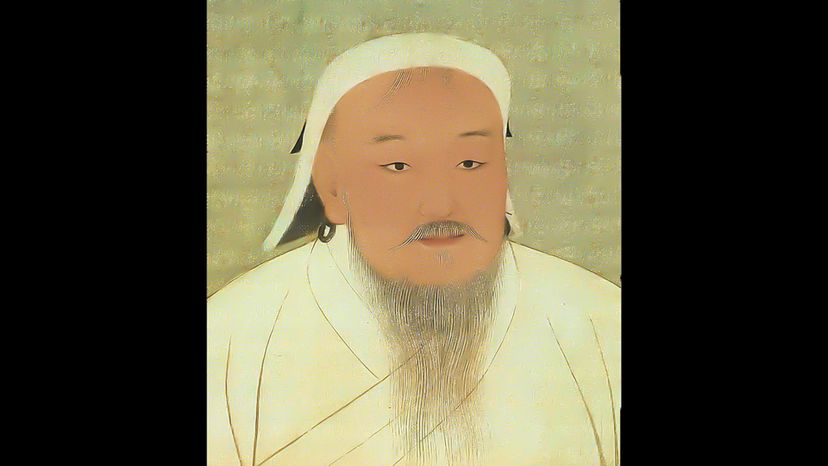
Advertisement
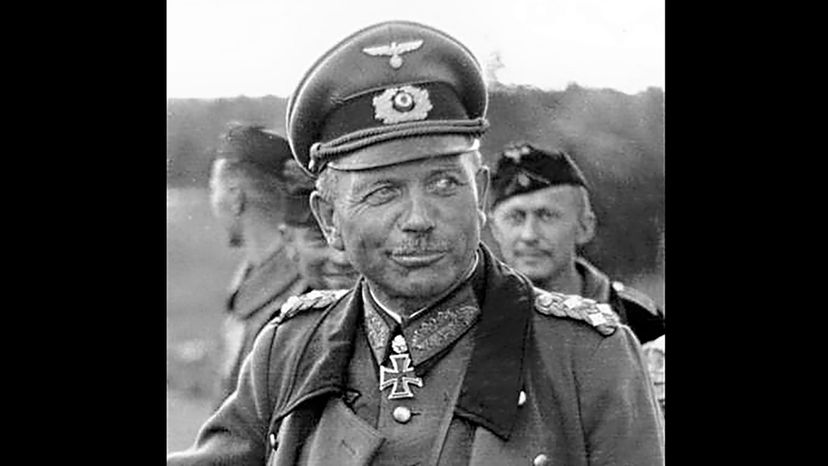
Advertisement